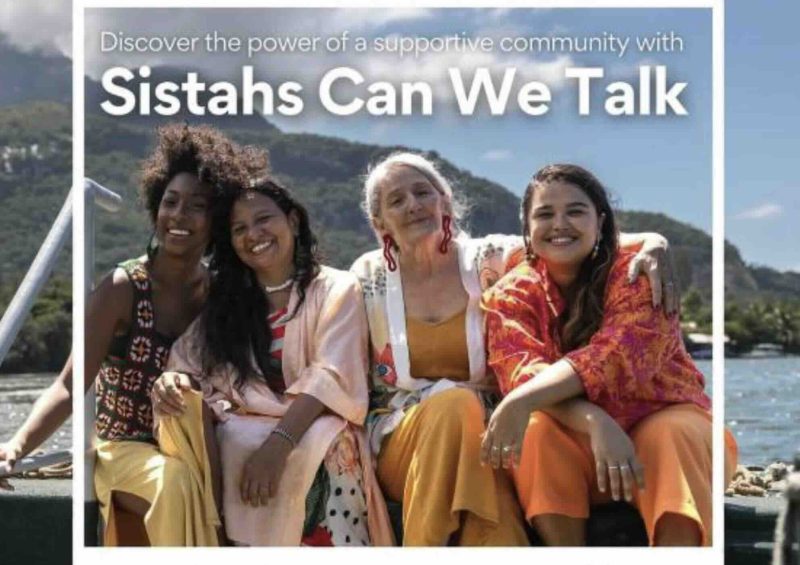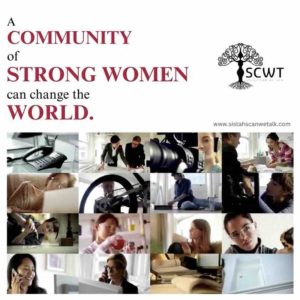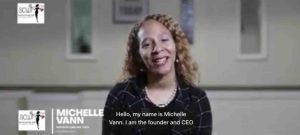
Sistahs Can We Talk (SCWT) helps women of color in Wichita, KS stand up for their rights and wellbeing in a city where health disparities and environmental injustice disproportionately affect Black and brown communities. In neighborhoods like 29th Street North and Grove, SCWT offers healing, education, and advocacy to a community facing severe challenges – 80% of residents are people of color and 68% are low income. These areas have endured decades of groundwater contamination from a chemical spill, resulting in liver cancer rates 2 ½ times higher than the rest of Kansas. Since 2015, the group has taken a holistic approach to health – including mental, physical, and emotional wellbeing. They provide free cancer screenings, breast cancer awareness events, counseling, and support groups. Through these efforts, SCWT is helping residents fight unfair conditions and advocate for both health equity and environmental justice.

Dr. Michelle Vann and her all-women team of volunteers at Sistahs Can We Talk live and work in the same neighborhoods they serve. The group began as a youth program, growing from Vann’s experience as a teacher and pastor’s wife. As they saw their community’s struggles with health problems, SCWT expanded its work. In low-wealth, highly-industrialized areas of the city, like the site of the 1970’s-era chemical spill at the Union Pacific Rail yards, homes are still using wells that draw from contaminated water – and cancer rates are higher than wealthier, whiter Wichita neighborhoods. Through their Healthy Me Initiative and youth mentoring, SCWT is nurturing new community leaders. Their digital storytelling helps residents share their experiences, bringing neighbors together and connecting them with agencies like the Kansas Department of Health and Environment and the Sedgwick County Health Department – officials with the power to effect change. They’re building a supportive community where women can learn, grow, and thrive—one woman at a time.
